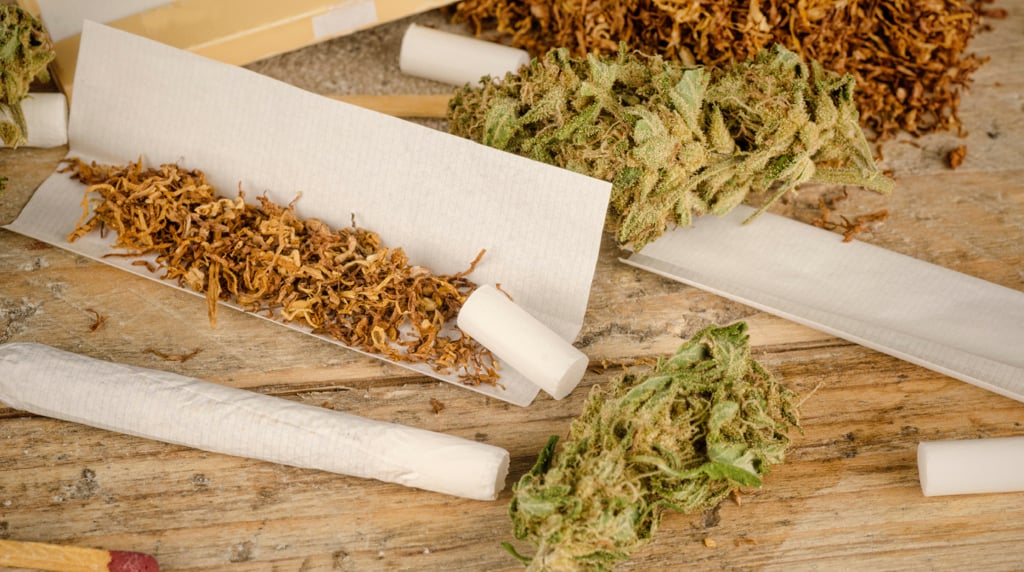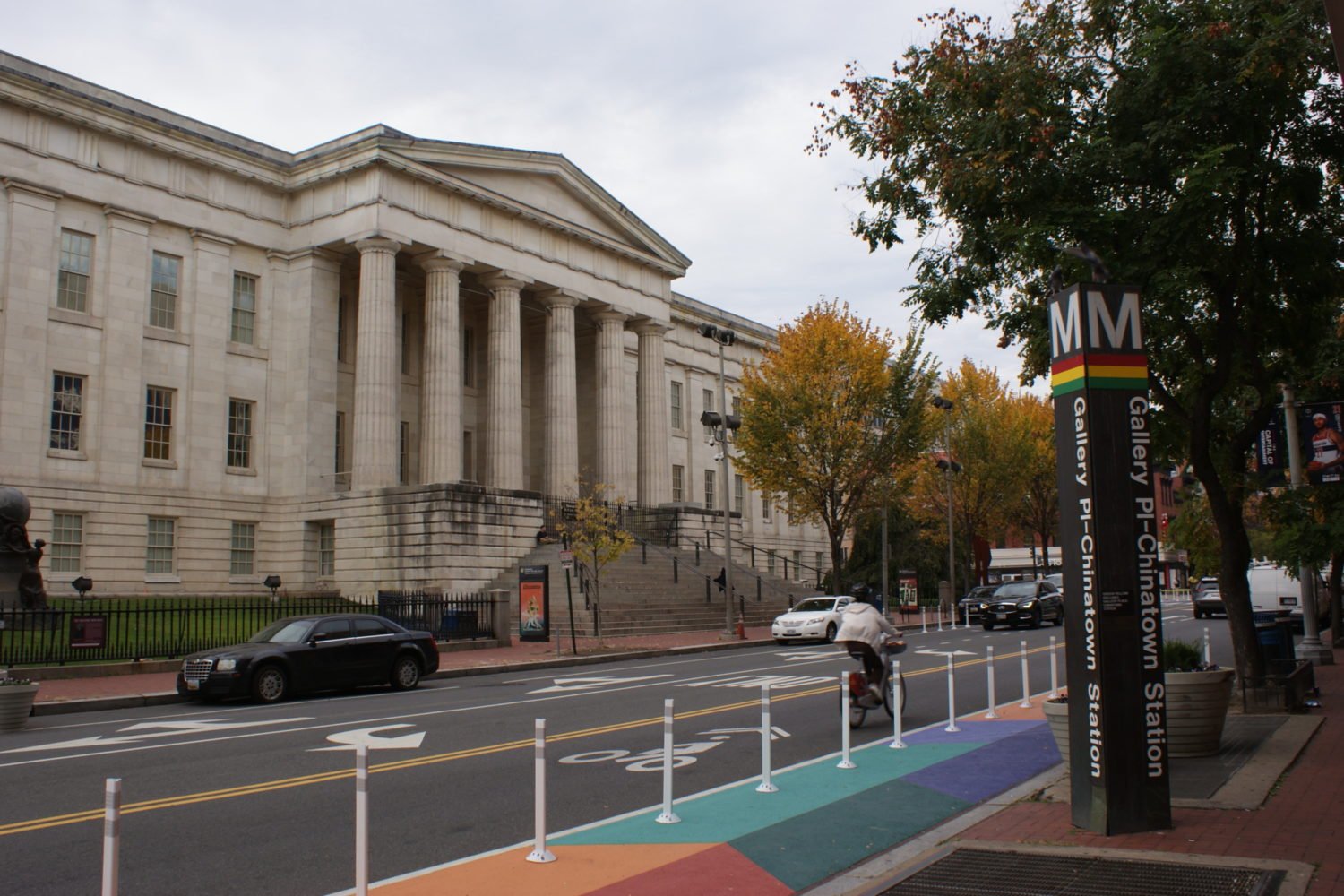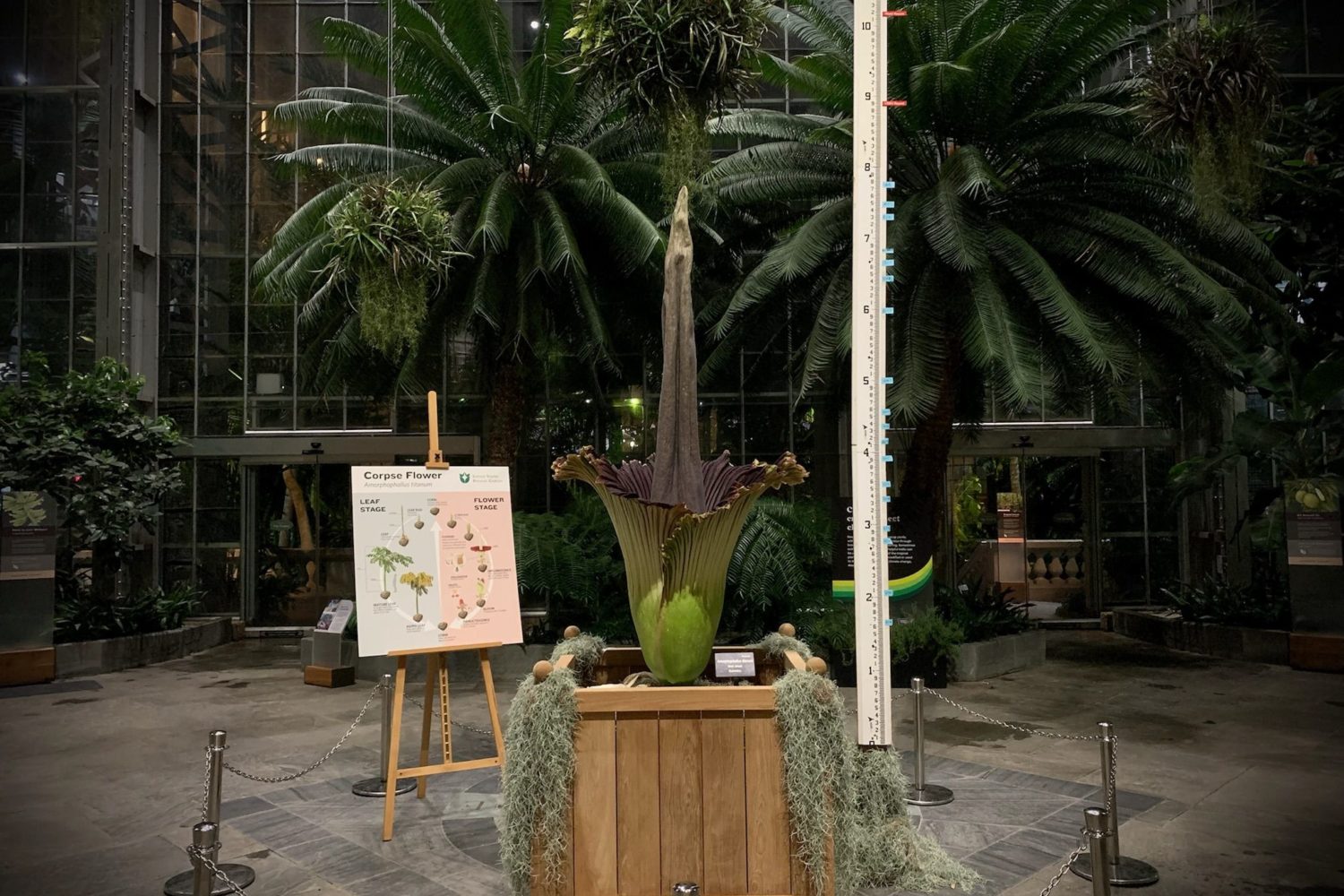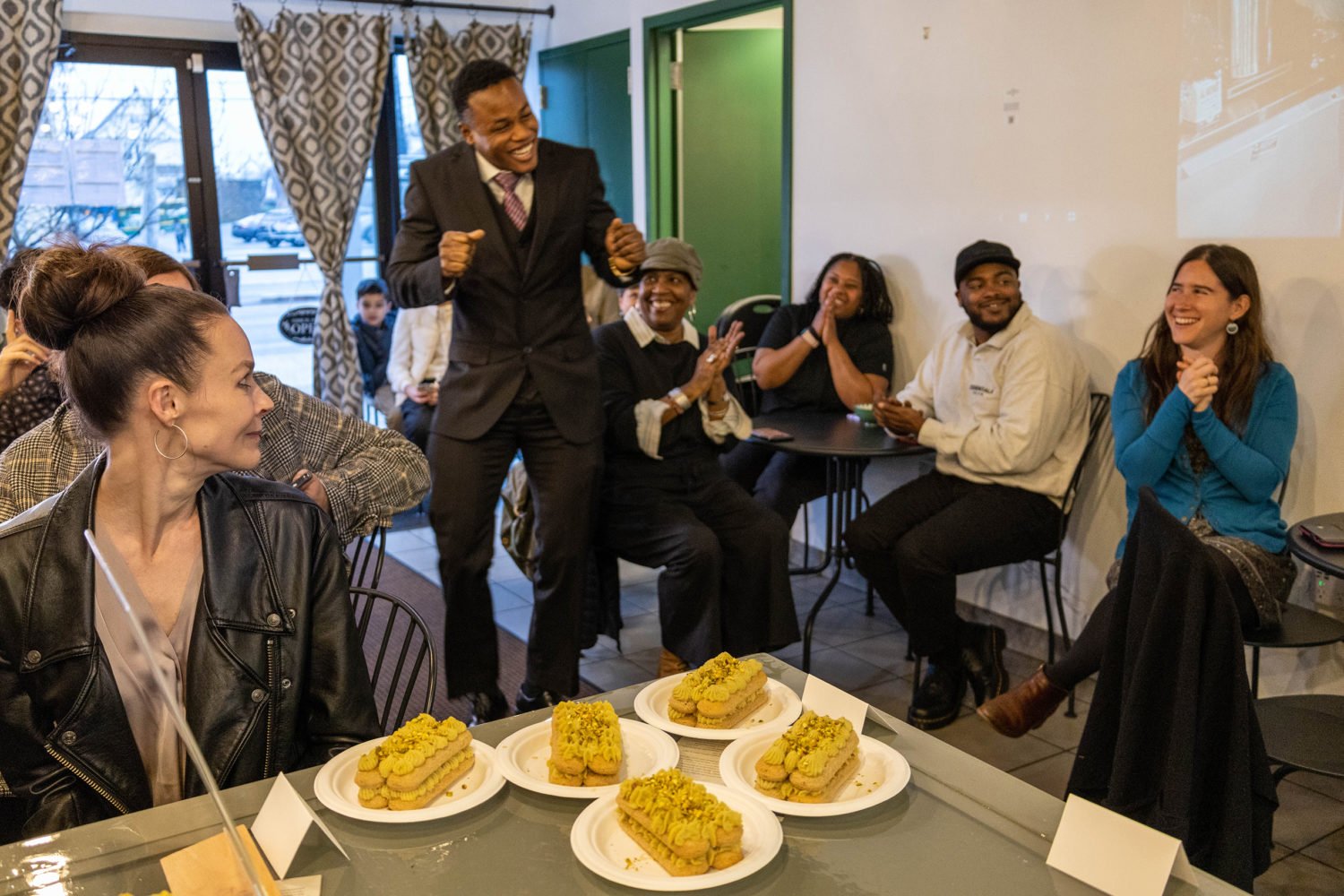The District’s cannabis legalization, already perhaps the most convoluted local drug-reform policy anywhere in the United States, became even more contorted Tuesday when the DC Council voted to ban the creation of private clubs for marijuana consumption. The bill banning the clubs passed on a 7-6 vote and now goes to Mayor Muriel Bowser, who has already said she supports prohibiting them.
Initiative 71, the 2014 ballot referendum that city voters approved by a more than two-to-one margin, legalized the possession, home cultivation, and private consumption of small amounts of marijuana for adults, but kept it prohibited in public venues, including parks and restaurants. The legislation approved today, introduced by Ward 5 Council member Kenyan McDuffie, modifies DC’s laws to add private-membership organizations to the list of public venues, and makes permanent a temporary ban the Council implemented in February when a few clubs sprouted up.
The new text reads: “For the purposes of this provision, and notwithstanding any other provision of law, a private club, which includes any building, facility or premise used or operated by an organization or association for a common avocational purpose, such as a fraternal, social, educational, or recreational purpose, is considered a place to which the public is invited.”
The ban also undercuts a Council-backed “task force” on marijuana clubs that is scheduled to hold its first public meeting tonight. One of its members, Ward 1 Council member Brianne Nadeau, who supports clubs, said the ban “predetermines” the task force’s work.
“We’re used to Congress tying our hands, why on Earth would we do it to ourselves?” she said before the vote.
But federal meddling, often an effective boogeyman in DC’s local politics, wasn’t scary enough to sway any votes from the pro-ban side, which was made up of the same seven Council members who supported it on its first vote two weeks ago.
“In spite of all the talk of promoting District autonomy and control over local affairs, today’s vote suggests that Council members would prefer to hide behind congressional authority to deflect their responsibilities, rather than do the work of legislating themselves,” the Drug Policy Alliance said in a press release.
Since Initiative 71 took effect, DC residents have been able to possess, use, and grow marijuana in private, and give it as a gift to other consenting adults without any monetary exchange. The confounding arrangement is thanks largely to the majority-Republican Congress, which used its sway over local affairs to prevent the District from establishing a taxed and regulated retail marijuana market similar to those in Colorado, Oregon, Alaska, and Washington state. Attempts to get around the gift rule—such as the Kush Gods business, which gave marijuana in exchange for “donations”—have been treated as illicit drug-dealing operations.
The pot-club ban just makes DC’s form of legalization more strange and uncomfortable. Its brief language is rather broad—”consumption” is not specified as meaning smoking or eating foods made with marijuana—and raises fears that businesses could be shut down. Clubs would potentially appeal to medicinal users who can’t travel to one of DC’s few clinics, tenants whose landlords do not permit using marijuana on their properties, or residents of federally subsidized housing, where US law overrules the local drug code. Nadeau said during the hearing that the ban could result in a one-strike enforcement policy that shuts down businesses after a single violation.
“Why don’t they be straight with us and say they’re against social use?” Adam Eidinger, who led the movement to put marijuana legalization on the 2014 ballot, tells Washingtonian. “They’re banning social use as a manner of prohibition policy. They’re going to want to test their laws at some point.”
Reached in New York by phone, Eidinger—who says he is sitting in a mock jail cell across from the United Nations on a day the General Assembly is reviewing its global narcotics treaties—says he is already drafting a ballot referendum to overturn the pot-club ban that District residents would vote on in 2018. If he gets it on the ballot, it’s likely to pass: 61 percent of respondents to a January poll by Washington City Paper and the statehood-activist organization DC Vote supported the creation of private marijuana clubs.



















